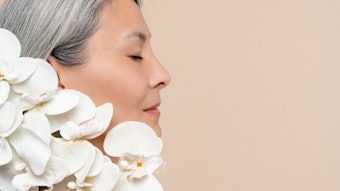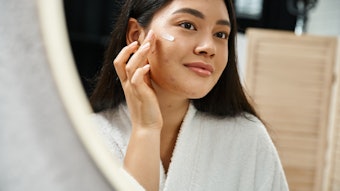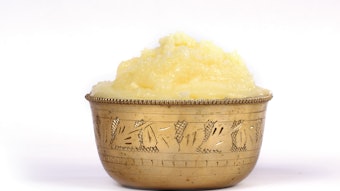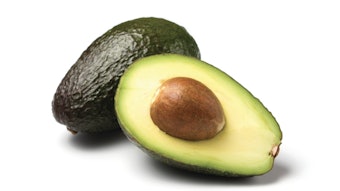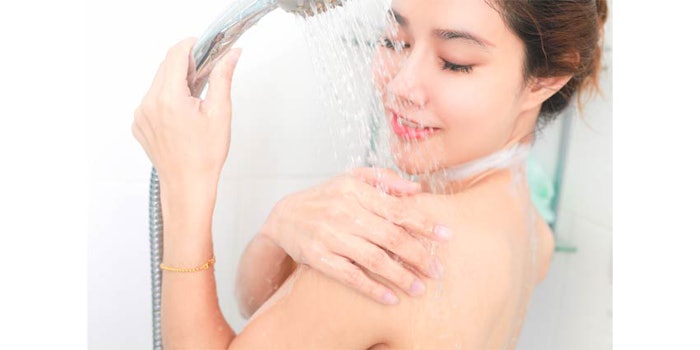
A hot shower can help relieve stress and aching muscles, but it’s not the best choice for people with eczema. Hot water will dry out the skin and lead to eczema flare-ups. An article by Healthline explains that showering or bathing in lukewarm water instead can soothe skin and reduce eczema symptoms.
Related: Study Suggests Probiotic Skin Therapy Improves Eczema in Children
Hot water can strip your skin of the natural oils it needs to stay healthy. This can make your skin dry and lead to worse itching and irritation. Additionally, hot water can increase inflammation in your skin. It’s recommended in the article to keep your shower or bath temperatures below 86°F/30°C.
Hot water can provide immediate itch relief. Many people with eczema report that very hot water feels good on their skin and takes away the itching and inflammation. This happens because hot water can stimulate the nerves on the skin.
However, it will likely make things worse in the long term. Instead of using hot water, consumers can apply moisturizers or topical eczema cream. This can stop itch without causing a worse flare-up later.
It’s important for people with eczema to take a bath or shower at least once a day. Keeping skin clean is important in managing all types of eczema including common types such as atopic dermatitis, contact dermatitis and rare forms of eczema such as nummular eczema or chronic hand eczema.
Eczema-friendly bathing tips:
- Only use lukewarm water. Very hot water can dry out the skin and make eczema worse.
- Avoid bubble baths and bath oils. Products such as bubble baths and bath oils often have ingredients that lead to skin irritation and eczema flare-ups.
- Avoid scrubbing or using soap on eczema. It’s a good idea to avoid directly washing the skin vigorously or with soap if there’s an active eczema rash.
- Gently wash eczema-free skin. Hard scrubbing or rubbing the skin may trigger an eczema flare-up.
- Limit baths to 20 minutes or less. Bathing for longer than 20 minutes can dry out the skin. For some children, 20 minutes is too long.
- Apply moisture right away. It’s best to apply a fragrance-free moisturizing immediately after bathing. Use a towel to dry their skin and then apply lotion.
- The American Academy of Allergy, Asthma & Immunology recommends adding 1/2 cup bleach to a full bathtub or 1/4 cup bleach to a half-filled bathtub to soothe eczema and prevent infections. For babies and toddlers, a teaspoon of bleach can be added to a baby bath.
- Consider other bath additives. Bubble baths and bath oils aren’t a good idea for children with eczema, but adding oatmeal, baking soda, salt, or vinegar to a bath can help soothe skin.

